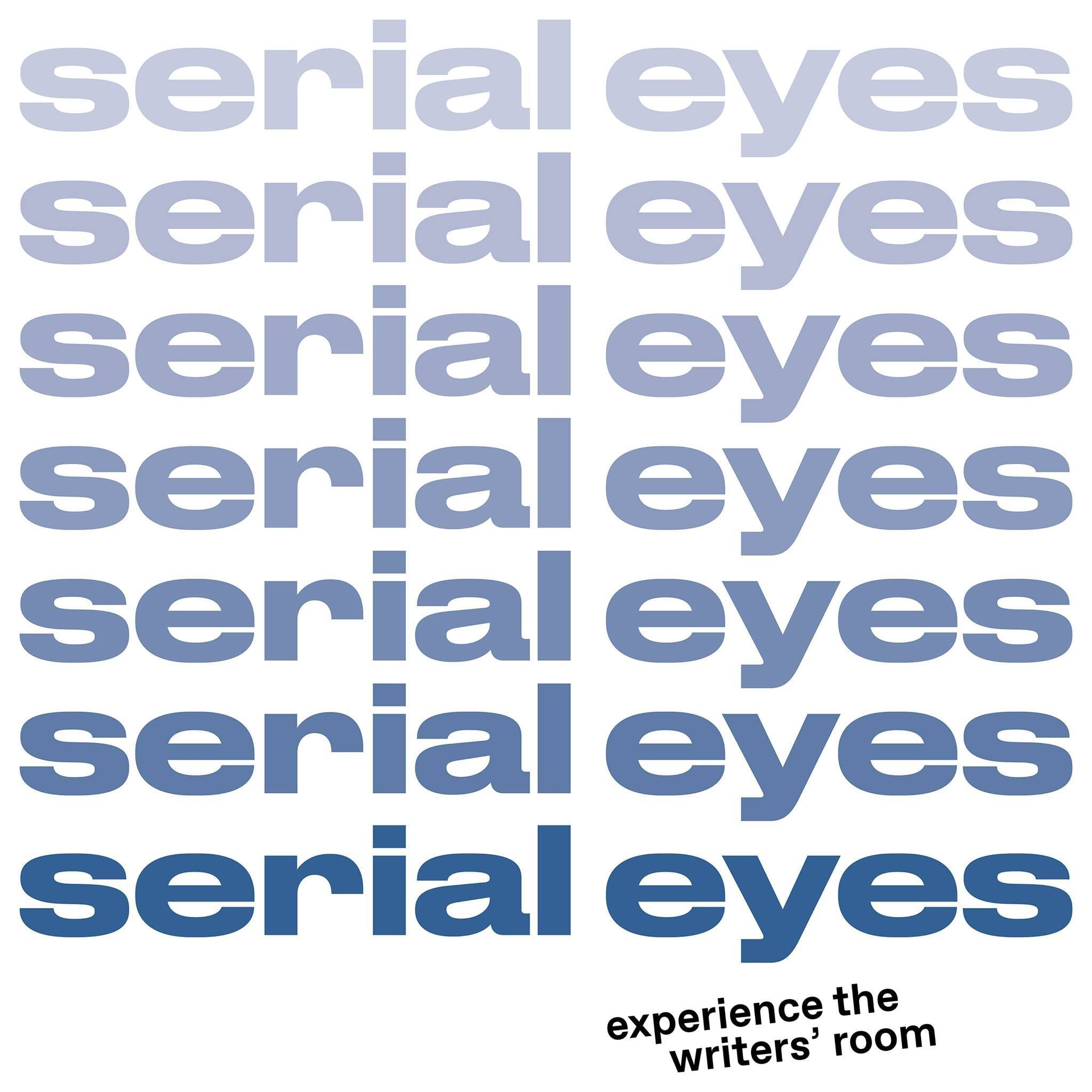
Two alumni of our SERIAL EYES programme have been featured in an article on the renowned industry website SCREEN DAILY (a branch of the British SCREEN INTERNATIONAL). Judit Banhazi from Hungary and Ivan Knežević from Serbia are two of the five up-and-coming talented screenwriters from Southeast Europe.
“Germany’s leading film and TV school, Berlin DFFB, offers Serial Eyes, a postgraduate training programme for television writers and producers that is widely regarded as the most useful such platform in Europe.”
Benjamin Harris, head of programme for SERIAL EYES, explains the unique characteristics of these Southeast European authors:
“We’ve been very lucky to have had great young talents from the [Southeast Europe] region in almost every training cycle. There are different sensibilities from these writers than what we are used to from Western European writers. For example, even though many of our writers are too young to have experienced Communism per se, they were often there for the upheavals and immense change that were the 1990s, or are now experiencing the aftermath of those transitional years.”
“In the writing there is often an openness for change and transition, but with a certain playfulness,” he continues. “The writers are more willing to explore new things, new ideas, and even old issues with a new set of eyes. The stories show an awareness of the seriousness of the social realities of their own cultures – crime, political corruption, social inequality – but these themes are often dealt with in unexpected ways. There is less inhibition to mix genres and tones and stark, grisly drama exists side by side with almost absurdist comedy.”
The article can be read in its entirety here.



